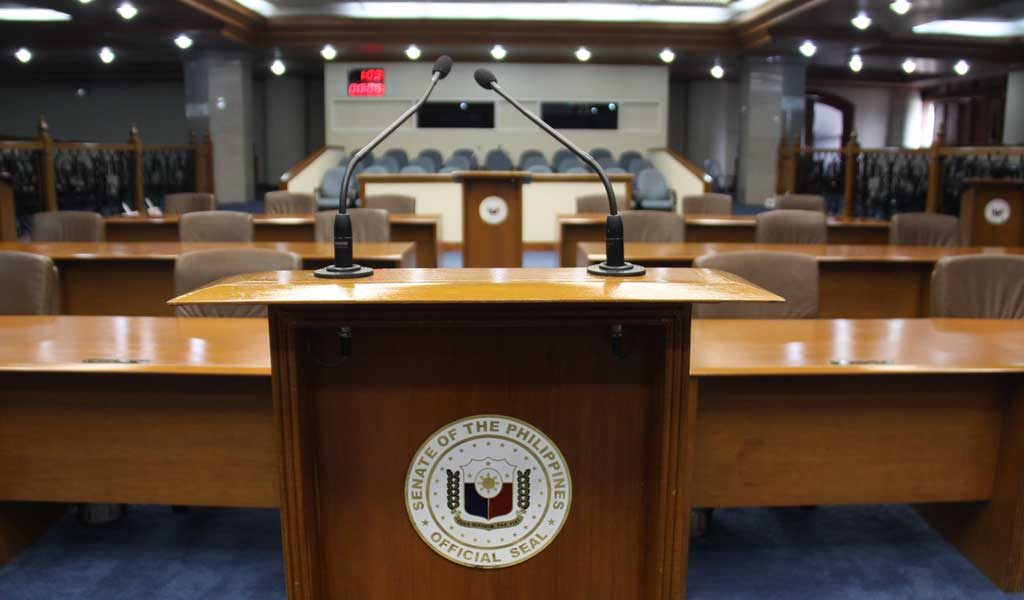Government rightsizing and Right-of-Way bills advance in Senate

PRIORITY measures seeking to minimize redundancies within the government and amend the right-of-way law to speed up infrastructure projects advanced in the Senate on Monday.
With 22 affirmative votes, the chamber approved on third and final reading Senate Bill No. 890, the Government Optimization Act to remove obsolete government positions and eliminate duplications.
It will also simplify rules, regulations and processes, as well as empower the President to scale down agencies under the Executive branch.
Senate President Francis “Chiz” G. Escudero, among the principal authors, said that the bill will streamline bureaucracy in the government, “which also means the possible creation of new positions, new offices, upgrading, upskilling, and upscaling personnel to help them fill up much-needed positions and put them on the path toward career advancement.”
“The objective of rightsizing is not about saving money but being able to deliver services to the people more efficiently,” he said in a statement.
Covered under the bill are all agencies of the executive branch, including departments, bureaus, offices, commissions, boards, councils, and all other entities attached to or under their administrative supervision, and government-owned or -controlled corporations (GOCCs)
The bill exempts Congress, the Judiciary, constitutional commissions, ombudsman, local government units (LGUs), and teaching-related positions in the education sector from rightsizing. They may, however, authorize the optimization of their respective offices.
It also excluded military and uniformed personnel in the Departments of National Defense, Interior and Local Government, Transportation, Environment, and Justice.
Also on Monday, the chamber passed Senate Bill No. 2821, the Accelerated and Reformed Right-Of-Way (Arrow) Act, on second reading.
The bill seeks to facilitate the easier acquisition of right-of-way sites or locations for private infrastructure projects for public use to ensure a more efficient delivery of public services.
The proposed measure will amend Republic Act No. 10752, the Right-of-Way Act, to enable the government to private entities to acquire right-of-way.
The measure also mandates the implementing agency of the project to draft a right-of-way action plan before the acquisition of a certain property.
Infrastructure projects under ancestral land will also be required to secure the necessary certification from the National Commission on Indigenous Peoples for it to push through.
The proposed law seeks to align with Republic Act No. 12001, otherwise known as the Real Property Valuation and Assessment Reform Act, which mandates the establishment of uniformity in taxing real property.
Earlier, President Ferdinand R. Marcos, Jr. said that right-of-way issues have continued to hinder his government’s flagship infrastructure projects. The government is planning to allocate 5-6% of gross domestic product (GDP) to infrastructure spending.
The Philippines has more than 200 flagship projects within its pipeline, valued at about P9.6 trillion.
Both measures were identified as priorities by the Legislative-Executive Development Advisory Council in the 19th Congress. — Adrian H. Halili



